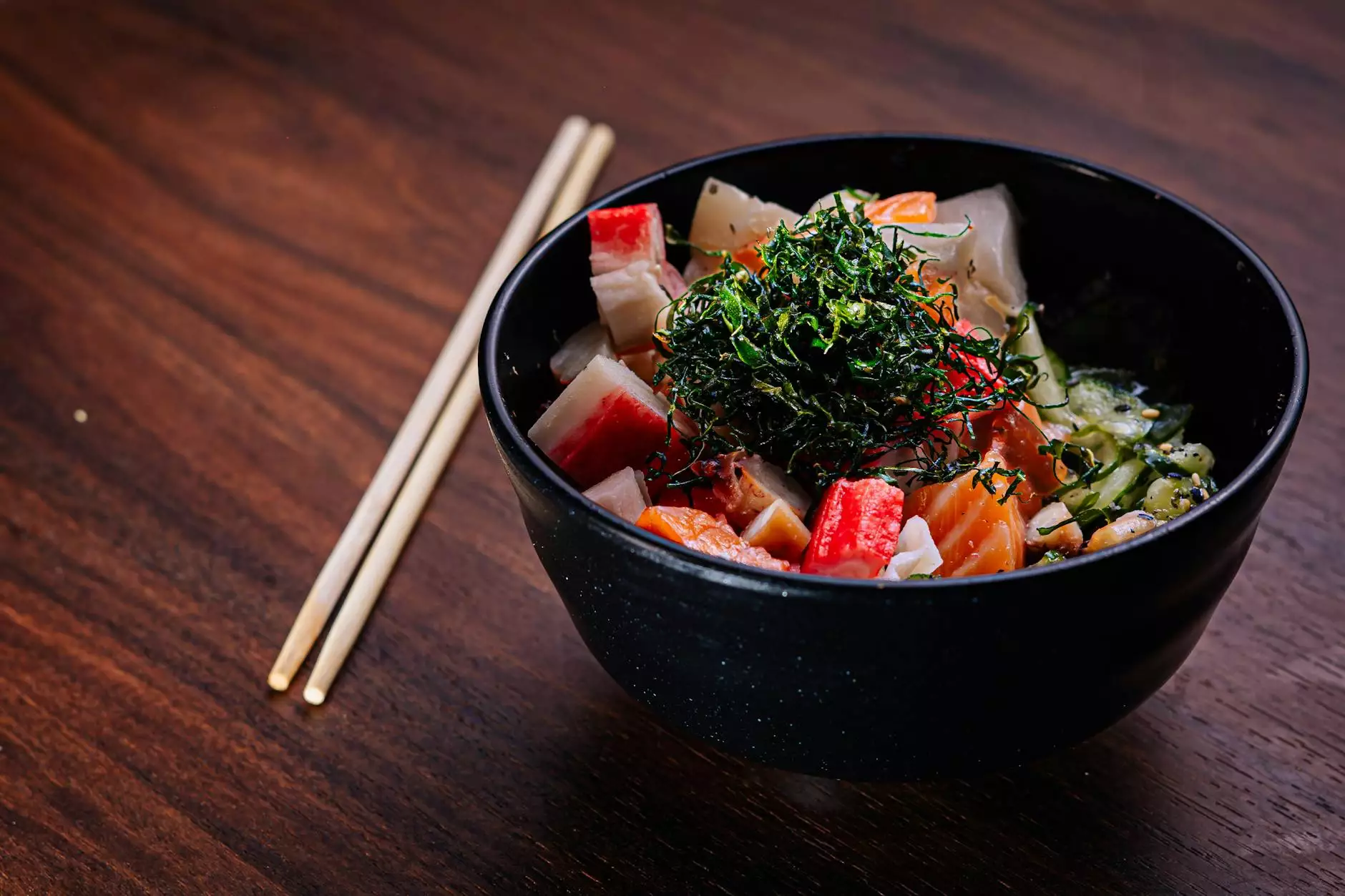The Exquisite World of Japanese Wasabi: A Culinary Delight

When we think about sushi, one essential ingredient often comes to mind that elevates the overall experience: Japanese wasabi. This fiery green paste is not merely an accompaniment but a significant part of Japanese cuisine steeped in history and culture. In this article, we will explore the origins, cultivation, culinary uses, and health benefits of Japanese wasabi, highlighting why it deserves a prominent place in restaurants and sushi bars around the globe.
1. The Rich History of Japanese Wasabi
Japanese wasabi, known scientifically as *Wasabia japonica*, has a storied history that dates back over a thousand years. This unique plant is native to Japan, primarily found in the cool, shady river valleys of the mountainous regions. Its use in culinary practices can be traced back to the 10th century, where it was first noted as a condiment in ancient Japanese texts.
Traditionally, wasabi was used not only for flavor but also for its preservative qualities. Its strong antibacterial properties make it an excellent companion to raw fish, which is a staple in Japanese cuisine. The Japanese people quickly recognized the value of wasabi, and it has since become synonymous with sushi and sashimi.
2. The Cultivation of Japanese Wasabi
Growing Japanese wasabi is quite an art, often deemed challenging due to its specific environmental needs. Here are a few critical details about its cultivation:
- Water Source:Wasabi thrives in clean, cold, running water. This is why many wasabi farms are located in regions near mountain streams.
- Shade Requirements: The plant prefers partial to full shade. Too much sun exposure can hinder growth and affect the quality of the wasabi.
- Temperature: Ideal growing temperatures are between 45°F and 75°F. Extreme temperatures can lead to underdeveloped plants.
- Time to Maturity: Wasabi takes about two to three years to fully mature. This long cultivation period is part of what makes authentic Japanese wasabi so valuable.
Due to the demanding conditions required for growing wasabi, many products labeled as "wasabi" around the world are often just a blend of horseradish, mustard, and food coloring. Authentic Japanese wasabi is rare, and it’s this rarity that contributes to its esteemed status in culinary circles.
3. Culinary Applications of Japanese Wasabi
Japanese wasabi is renowned for its unique flavor profile, characterized by a sharp, pungent heat that quickly dissipates, leaving a fresh, herbal aftertaste. This distinctive taste enhances a variety of dishes, not just sushi. Below are some popular culinary applications:
3.1 Sushi and Sashimi
In sushi bars, authentic wasabi is typically placed between the fish and the rice. This not only enhances the flavors but also adds a beautiful touch to the presentation. The fresh kick of wasabi complements the delicate taste of fresh fish, creating a harmonious blend of flavors.
3.2 Marinades and Sauces
Chefs frequently incorporate Japanese wasabi into marinades and sauces to add a complex flavor. A wasabi-infused soy sauce or vinaigrette can elevate simple dishes, making them extraordinary.
3.3 Soups and Broths
In some traditional Japanese soups and broths, a hint of wasabi can be added for depth. Its flavor can transform a standard miso soup into an exciting culinary experience.
3.4 Modern Fusion Dishes
Contemporary cuisine has embraced Japanese wasabi in innovative ways. Chefs create wasabi cocktails, mayonnaise, and even ice creams, showcasing its versatility beyond traditional Japanese dishes.
4. The Health Benefits of Japanese Wasabi
Beyond its culinary appeal, Japanese wasabi boasts numerous health benefits, making it an excellent addition to your diet:
- Rich in Antioxidants: Wasabi contains potent antioxidants that help combat oxidative stress in the body.
- Antimicrobial Properties: The strong phytochemicals in wasabi are known to inhibit the growth of certain bacteria, making it a natural preservative.
- Boosts Digestion: The unique compounds in wasabi can promote digestion and improve gut health.
- Anti-inflammatory Effects: Regularly consuming wasabi may help reduce inflammation, supporting overall health.
The synergy of flavor and health benefits makes Japanese wasabi a remarkable ingredient that deserves audience attention in both restaurants and homes.









